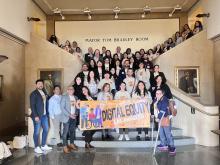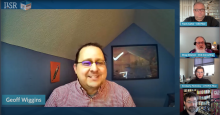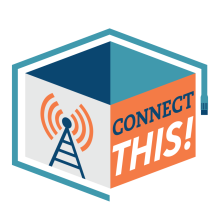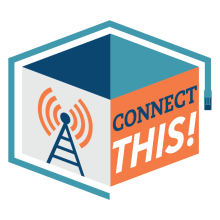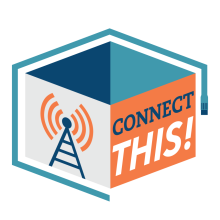‘Building Fiberhoods in Holland’ Mini Documentary Encore
If you missed our inaugural Community Broadband Film Fest series kick off last week, the entirety of the event can still be viewed on ILSR’s YouTube channel.
Co-hosted by ILSR’s Community Broadband Networks Initiative and the American Association for Public Broadband (AAPB), the March 27th livestream event premiered the eight minute mini documentary on how the city of Holland, Michigan came to build a municipal broadband utility to supercharge its local economy.
Following the live screening before an audience of over 100 virtual participants there was a lively discussion with several of the film’s key figures: Holland Board of Public Works Director of Utility Services Ted Siler, Superintendent of Broadband Services for Holland Board of Public Works Pete Hoffswell and Holland Mayor Nathan Bocks.
The Holland panel explored a number of themes raised in the film, including where the project stands now, the challenges involved in moving forward, and how the network is a natural extension of other vital infrastructure the city has built over the years.
Watch the event in its entirety below:




